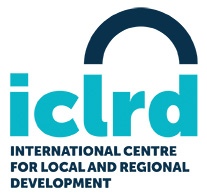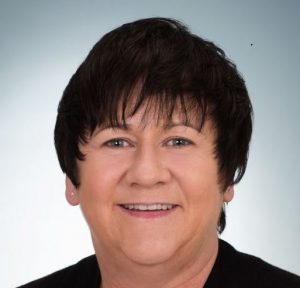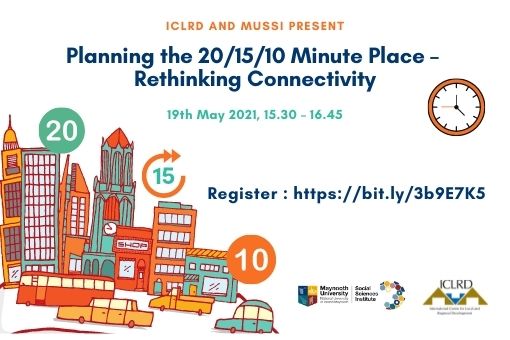
COVID-19 has caused us all to question the liveability of place – in terms of where we live, where we work and where we relax and unwind. The idea of the ’20-minute neighbourhood’, ‘15-minute city’ and ‘10-minute town’ has grown with interest around the world. As a way of thinking differently about places, planning for compact growth, and building sustainable and resilient communities, the concept aims to better align spatial planning with transport planning and issues of sustainability, connectivity and accessibility – thus making it easier for people to ‘live locally’ and to walk, cycle and use public transport. There is a growing body of evidence that active, connected places that promote walkability produce a wealth of health, social, economic and environmental benefits. Its multiple benefits include boosting local economies, improving people’s health and wellbeing, and increasing social connections in communities. It also plays a role in tackling climate change.
While the fundamental tenets of the 20/15/10 minute place are not necessarily new concepts in planning, the COVID-19 pandemic has provided spatial planning policy and practice with an opportunity to play a critical and proactive role in supporting post-COVID recovery and reinventing our places. This webinar aims to outline some case studies where the 20/15/10 minute place is being actively promoted by local and/or regional government. It will examine key considerations in its incorporation into urban planning strategies and its practical, place-based delivery.
Speaker Line-Up:
Moderator
Mr. Padraig Maguire, Senior Planner, Meath County Council & Executive Director, ICLRD
Welcome from ICLRD Chair
Ms. Mary MacIntyre OBE
Speakers:
Mr. Ian Gilzean, Chief Architect, Planning & Architecture, Scottish Government
Presentation – IGilzean_20 minute neighbourhoods – Scotland
Ms. Nollaig Whyte, Senior Executive Office – Regeneration Unit, Roscommon County Council
Presentation – NWhyte – Putting the Spokes back into the Wheel
Ms. Rose Power, EU Projects Office, Southern Regional Assembly
Presentation – RPower_10 Minute Town & City – Rethinking Connectivity
Q&A
Speaker Profiles
Rose Power is the EU Projects Officer for the Southern Regional Assembly with primary responsibility for low carbon projects including the Interreg Europe MATCH-UP sustainable mobility project to develop a 10 Minute City & Town Framework. She is also the manager of the European Territorial Cooperation Network for the Southern Region. Prior to joining the Southern Regional Assembly Rose was a senior researcher with Waterford Institute of Technology on proposal development for EU Funding. Rose has over 25 years experience as a business consultant in Ireland and the UK working in both the private and public sector and is currently a board member of the ADAPT Research Centre in Trinity College Dublin.
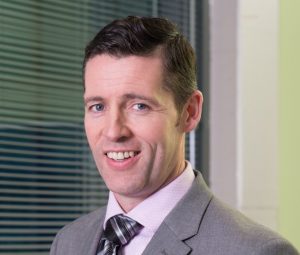 Pádraig Maguire is the Senior Planner in Meath County Council (MCC) for the past 14 months. He was previously Senior Executive Planner with MCC where he led the Economic and Development Management Division with responsibility for all new large and small scale developments throughout County Meath. He previously worked with a number of Local Authorities in Ireland and Northern Ireland, and in his former role, was Regional Planner responsible for the creation and implementation of the Regional Planning Guidelines in the Border Region. He is also a member of the Executive Board of the International Centre for Local and Regional Development (ICLRD) and Chair of ICLRD’s Advisory Board.
Pádraig Maguire is the Senior Planner in Meath County Council (MCC) for the past 14 months. He was previously Senior Executive Planner with MCC where he led the Economic and Development Management Division with responsibility for all new large and small scale developments throughout County Meath. He previously worked with a number of Local Authorities in Ireland and Northern Ireland, and in his former role, was Regional Planner responsible for the creation and implementation of the Regional Planning Guidelines in the Border Region. He is also a member of the Executive Board of the International Centre for Local and Regional Development (ICLRD) and Chair of ICLRD’s Advisory Board.
 Nollaig Whyte has a background in Law, Economics and Rural Development from NUIG and UCD and has worked in local, county and regional development for the past 20 years. Her primary area has been in working with communities, Town Teams, State Agencies and Government Departments in maximising the sustainable development of towns and villages. She currently heads up the multi-disciplinary Regeneration Unit in Roscommon County Council which has responsibility for preparing plans, funding bids and delivery of the following programmes: URDF, RRDF, Town and Village, Historic Town’s Initiative, Destination Towns and Outdoor Recreation. She prepared the bid for the Roscommon URDF “Putting the Spokes back into the Wheel” which was awarded funding under URDF in recent months.
Nollaig Whyte has a background in Law, Economics and Rural Development from NUIG and UCD and has worked in local, county and regional development for the past 20 years. Her primary area has been in working with communities, Town Teams, State Agencies and Government Departments in maximising the sustainable development of towns and villages. She currently heads up the multi-disciplinary Regeneration Unit in Roscommon County Council which has responsibility for preparing plans, funding bids and delivery of the following programmes: URDF, RRDF, Town and Village, Historic Town’s Initiative, Destination Towns and Outdoor Recreation. She prepared the bid for the Roscommon URDF “Putting the Spokes back into the Wheel” which was awarded funding under URDF in recent months.
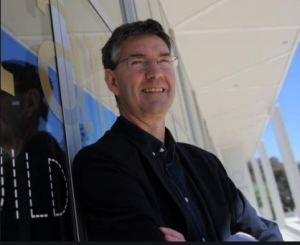
Ian Gilzean FRIAS/RIBA graduated in architecture from Edinburgh University in 1982. He worked in architectural practice for a number of public sector organisations as well as in private practice, in London, Glasgow and Edinburgh. He also worked in community design units in Wester Hailes, Edinburgh and Drumchapel, Glasgow. Ian joined the Scottish Executive in 1999 and became Chief Architect in 2006, heading up the Architecture and Place Team in the Government’s Planning and Architecture Division. Ian recently worked with the City of Edinburgh Council on a part-time secondment to support the development of a Local Place Plan for Wester Hailes.
From 2008-2016 he was a Visiting Professor in Architecture at the University of Strathclyde and for the past four years has been involved in teaching on the Masters in Architecture and Urban Planning course at Dundee University School of Architecture. In 2016, Ian spent a 3 month secondment at the Melbourne School of Design as a Visiting Fellow on housing related design which has informed the IBA Melbourne launched in 2018. Ian was also an Architecture Registration Board Examiner on from 2005 to 2017 working on the Prescribed Exams programme and an External Examiner at UCCA Canterbury from 2009 -2013.
